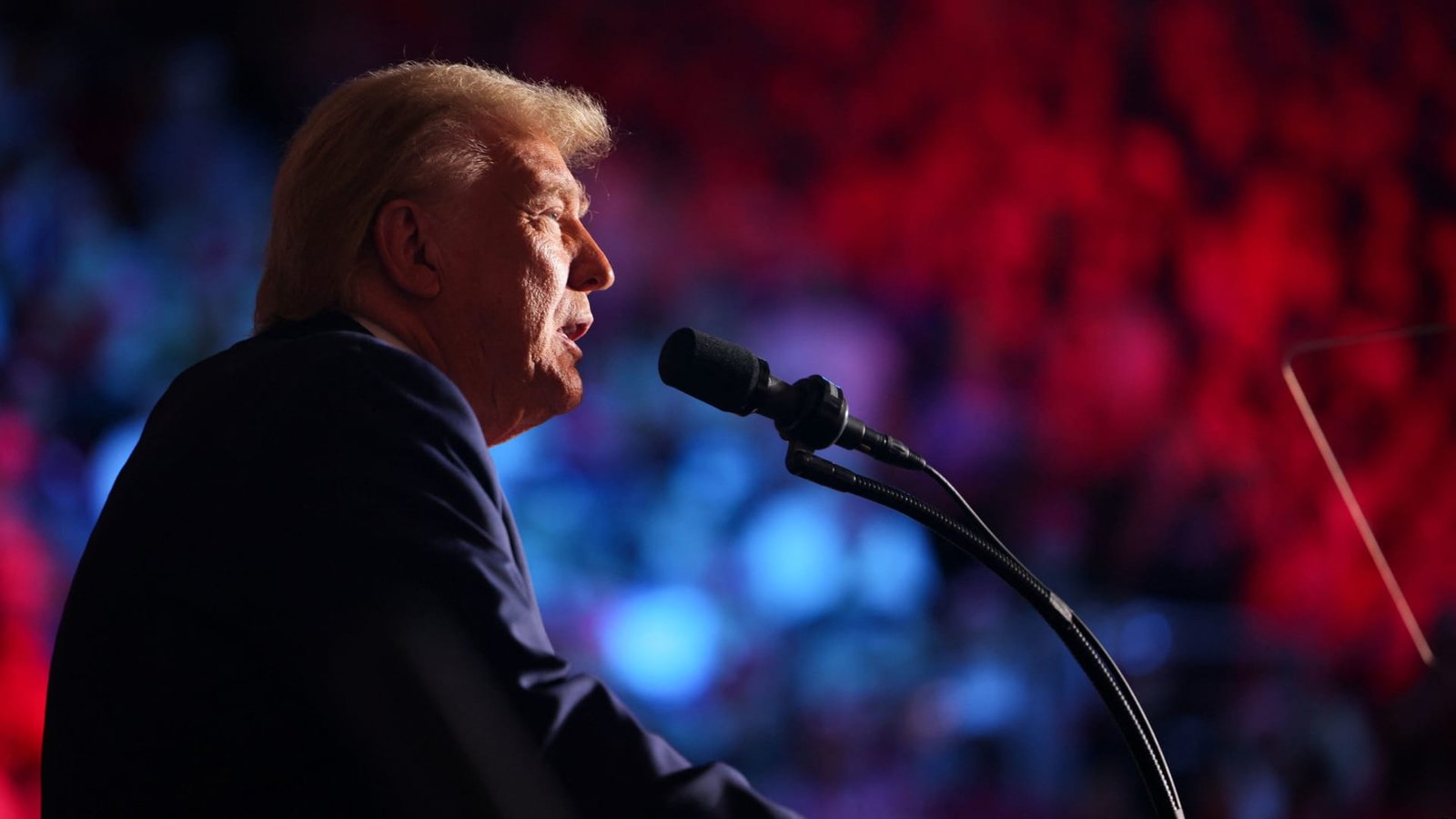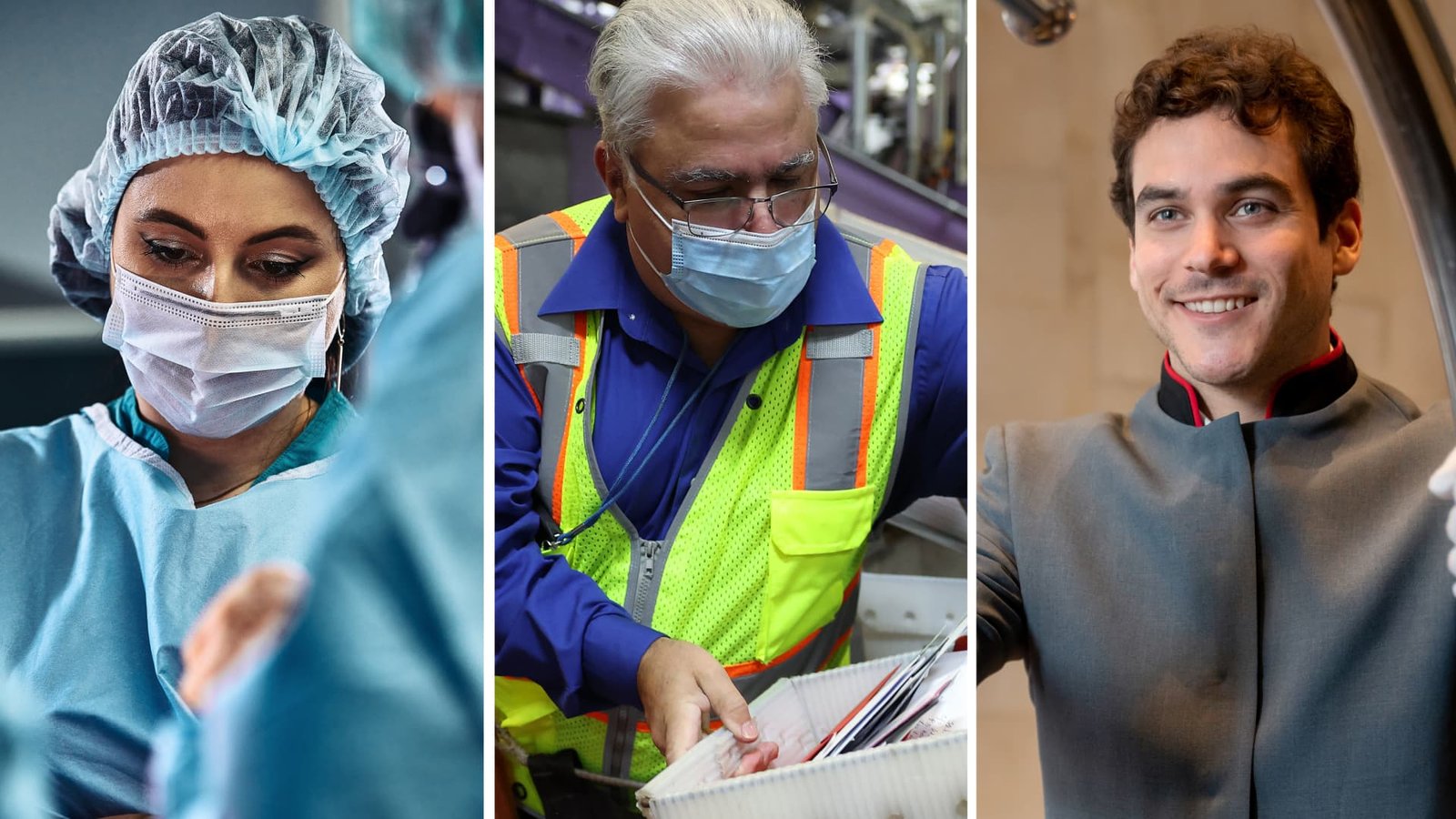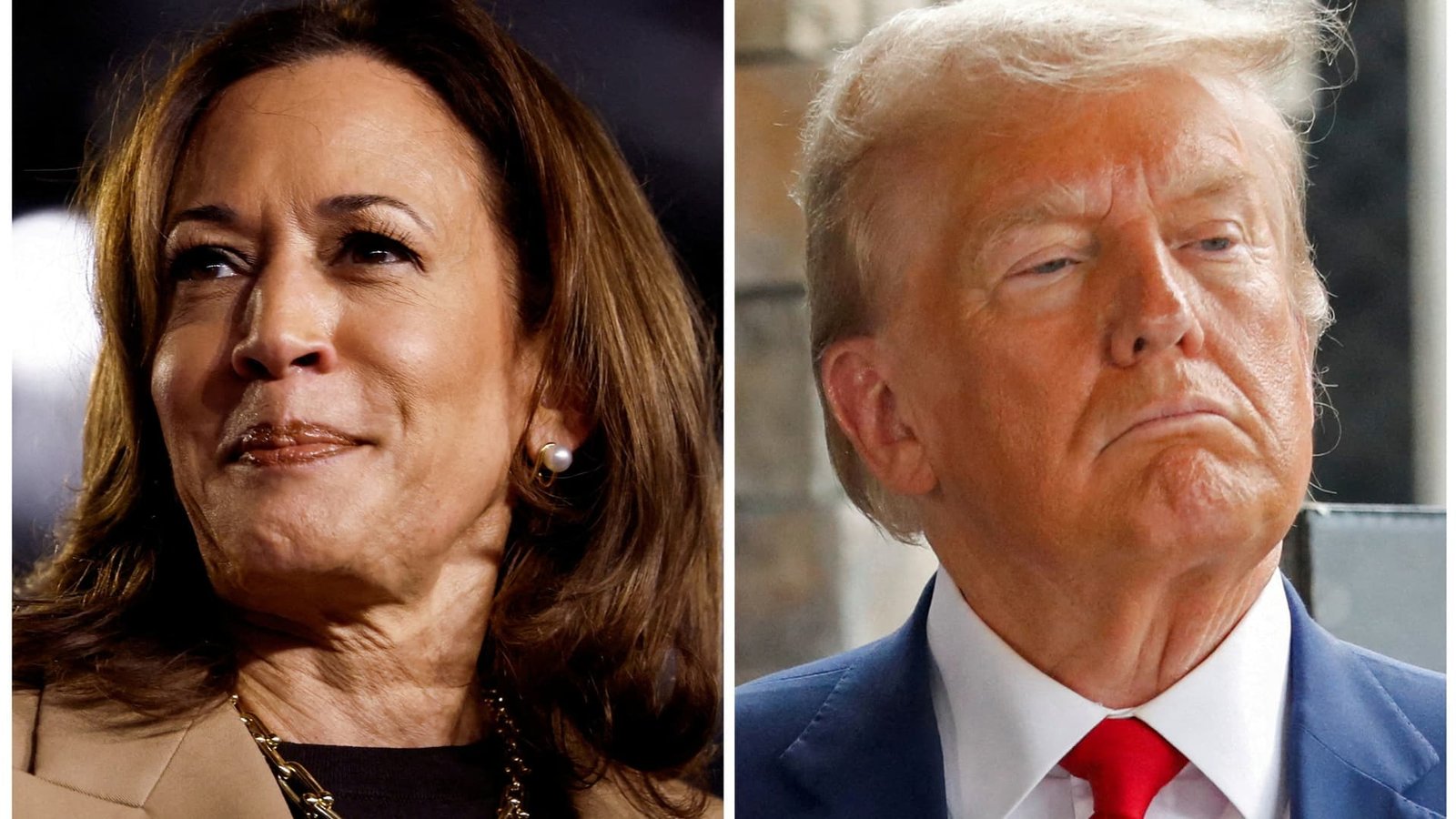Extreme tariffs proposed by U.S. presidential candidate Donald Trump would interrupt the path of disinflation and could lead to higher interest rates, according to the head of the Institute of International Finance. Tim Adams, president and CEO of the IIF financial services industry trade group, stated that the assumption is that higher inflation and interest rates would result from these tariffs. He mentioned that the impact could be a one-time occurrence or could persist over time, depending on the nature of any retaliatory measures taken. Adams emphasized that the tariffs would impede progress in reducing prices.
Trump’s economic platform includes universal tariffs, such as a proposed 20% tariff on all goods from all countries and a 60% rate on Chinese imports. Additionally, he plans to impose a 100% tariff on cars crossing the Mexican border and on countries attempting to move away from using the U.S. dollar. Trump defended his tariff strategy by suggesting that higher tariffs would incentivize companies to establish factories in the U.S. to avoid paying the tariffs, which he discussed in an interview with Bloomberg Editor in Chief John Micklethwait.
Despite Trump’s assertion that universal tariffs would not lead to inflation, analysts caution that his proposed policies, including increased tariffs and immigration restrictions, could elevate inflation levels. U.S. inflation stood at 2.4% in September, down from a peak of 9% in June 2022 due to pandemic-related supply chain disruptions and fiscal stimulus. The Federal Reserve initiated interest rate cuts in September to counter disinflation concerns.
The potential resurgence of a Trump presidency coincides with growing trade tensions globally. The European Union recently voted to impose higher tariffs on China-made battery electric vehicles, citing unfair subsidies to carmakers. Adams noted that both Trump and his Democratic opponent Kamala Harris are positioning themselves as “change candidates” rather than advocates of continuity. He expressed concerns about Trump’s anti-internationalist stance and emphasized Harris’s inclination towards engaging with the global community and international organizations.
CNBC reached out to the Trump campaign for comments on the matter.




